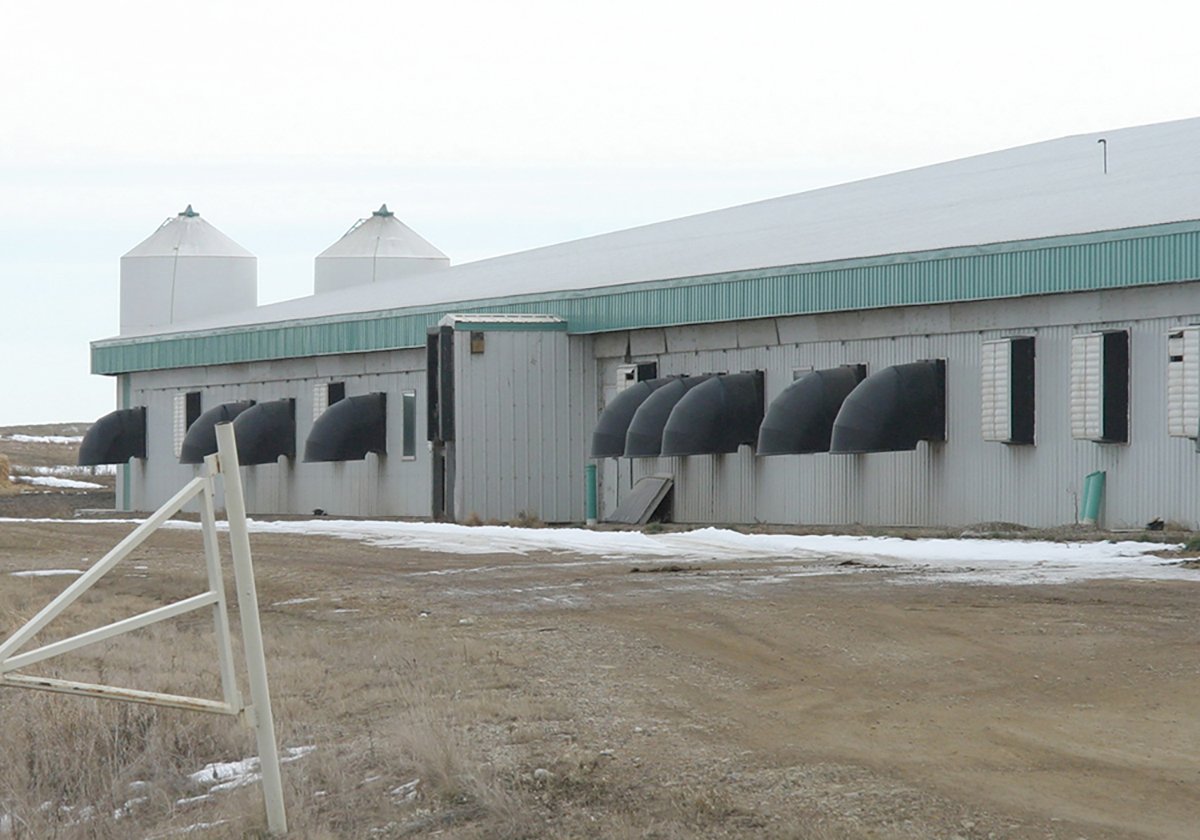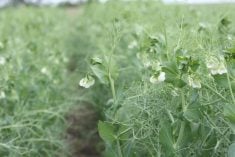If a no-till field in Saskatchewan stores carbon in the soil and no one in Toronto, Amsterdam or Tokyo hears about it, does the environmental benefit really matter?
It probably does matter, but consumers, investors and companies are seeking foods that will make a difference around climate change.
If they’re not aware of zero tillage, growing pulse crops and how those practices reduce greenhouse gases, they’re not going to change their buying habits.
They’re not going to choose Canadian wheat, or Canadian granola bars, instead of wheat and granola bars from Australia.
Read Also

Prairie farms race to be ready for winter 2025
Equipment needs to be winterized and stored; fall field work needs to be done and there are a million tiny jobs to make sure both the farm yard and farm house are ready for the snow to fly
“(People) are… expressing a need for greater information about the food they eat and what impact it’s having,” said David McInnes, former president and chief executive officer of the Canadian Agri-Food Policy Institute (CAPI).
“Producers are doing a (good) job, in terms of sequestering carbon…. What we’re hearing is we now need to capture that progress and performance… (to) help enable the supply chains to meet (buyer) expectations.”
For most of 2019, McInnes has been leading an initiative for Canada 2020 called the Canada Food Brand Project.
McInnes is a senior fellow at Canada 2020, a think tank based in Ottawa. He is also a strategic adviser and speaker, specializing in the challenges and opportunities within the global food system.
In the last few years, multiple reports have suggested that Canada could become a global agri-food powerhouse, possibly exporting $85 billion in agri-commodities and food annually.
McInnes, through the Food Brand Project, has met with more than 300 stakeholders, including agri-businesses, farm groups and universities, to understand how to protect and project Canada’s brand.
Many stakeholders believe Canada already has a fantastic food brand and can deliver what buyers want — safe, authentic, responsibly produced food.
But company and consumer expectations around food are rapidly changing.
“There is a widening view that the current global food system is unsustainable,” says a summary of the Food Brand Project, released in late October. “A plethora of global and corporate goals are trying to shift behaviours — even transform — how food systems respond. A new language is being introduced as commodity sectors, food companies, NGOs, and others, seek to produce food differently, such as embracing regenerative agriculture, the circular economy and true cost accounting…. The scrutiny will only increase.”
The report summary mentions the case of Italy and how it’s putting up barriers to Canadian durum wheat, even though Canada has a free trade deal with Europe.
The Italians are using country-of-origin labelling to keep out Canadian durum, as Italian farm groups have claimed the durum is unhealthy because some Canadian growers use glyphosate on the crop, prior to harvest. As a result, durum exports to Italy have dropped by 60 to 70 percent.
“A prevailing global interpretation of what is sustainable farming seems to discount Canada’s leading agricultural practices and its sustainability record,” the Food Brand Project summary says. “(That) is helping to justify veiled protectionist actions against Canada.”
The Italian example is about more than Canada’s brand, but Canadian farmers are competing with Australia, the United States and other countries on reputation.
For instance, Bord Bia, the Irish Food Board, has a slogan: “Irish food and drink becomes the first choice globally, because it is sustainably produced by people who care.”
A similar slogan in Canada, backed by data and evidence, won’t immediately boost exports or change negative perceptions about Canadian farming.
However, players in Canada’s agri-food industry need to consider a larger question: is protecting and leveraging Canada’s food reputation a priority or not?
“Answering this could mean the difference between remaining as a quality food producer and… becoming one of the worlds’ most trusted suppliers,” the report summary says.
The findings from the Food Brand Project was discussed, Nov. 6-7, at the National Forum on Agri-Food in Ottawa.
A full report on the Canada Food Brand Project will be released in early December.
















